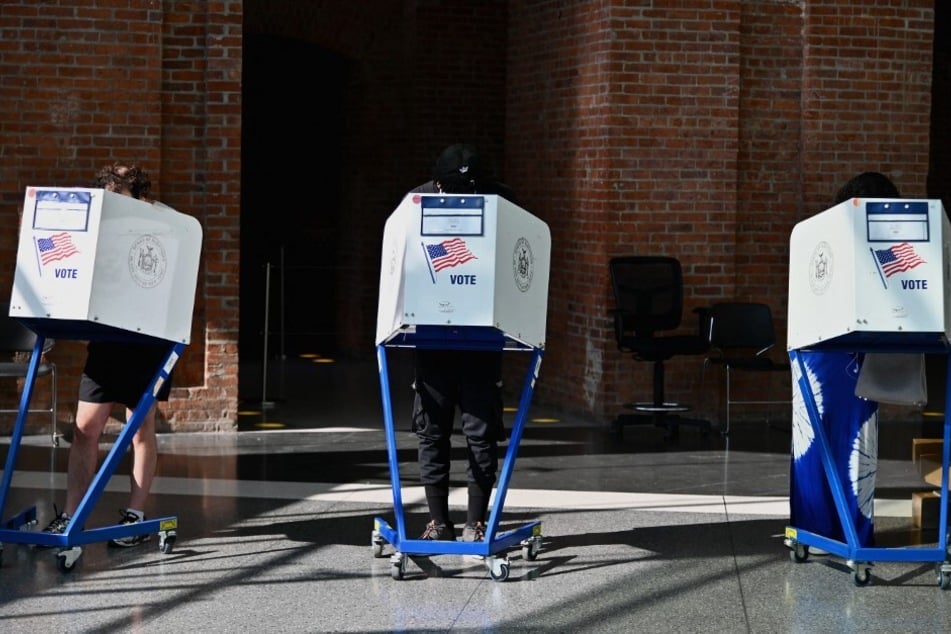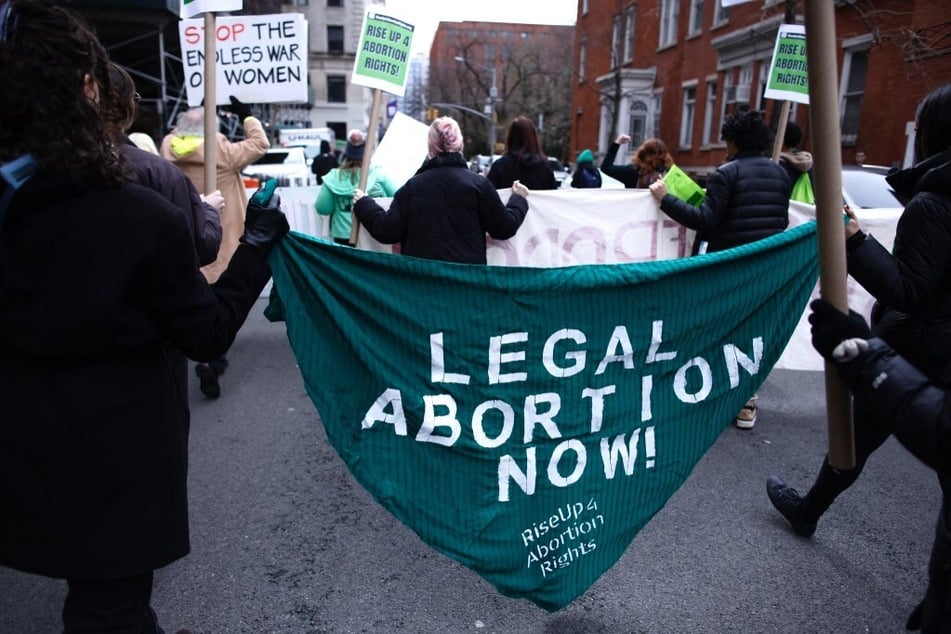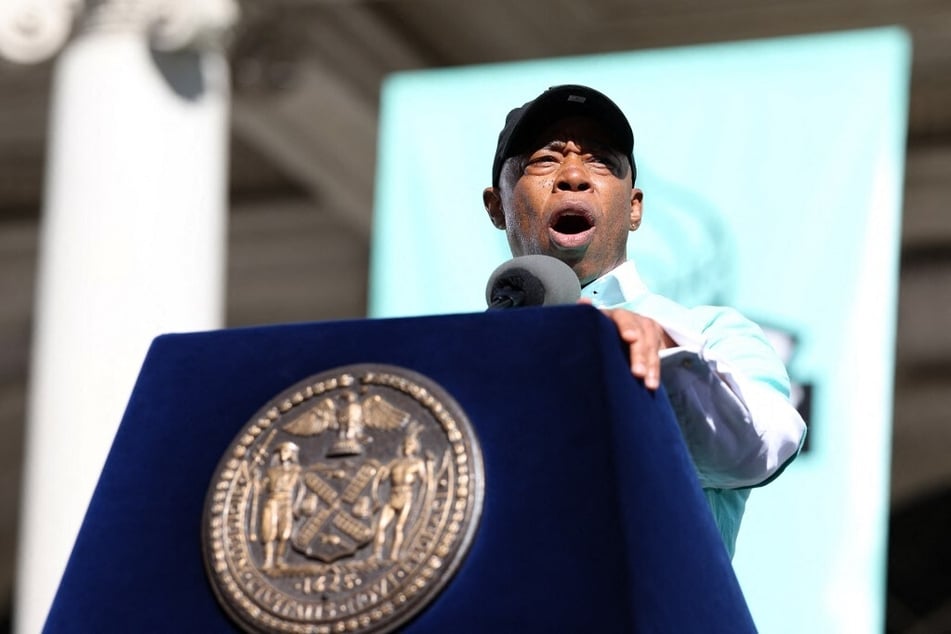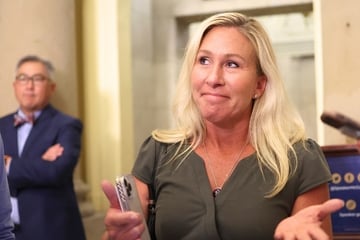What are the 2024 New York City ballot measures? Your guide to NYC voting
New York, New York - Election Day is here! Here's what you need to know about the six ballot measures up for a vote in New York City.
- 1. Amendment to Protect Against Unequal Treatment
- 2. Cleaning Public Property
- 3. Additional Estimates of the Cost of Proposed Laws and Updates to Budget Deadlines
- 4. More Notice and Time Before Votes on Public Safety Legislation
- 5. Capital Planning
- 6. Minority and Women-Owned Business Enterprises (MWBEs), Film Permits, and Archive Review Boards

New York City voters, are you confused about the 2024 ballot proposals?
It can be difficult to navigate the language and background of the measures to know what they really mean, but don't worry – help is here!
TAG24 NEWS took a look at the six ballot proposals to understand what's at stake this election cycle.
Many organizations and community activists, as well as the office of New York City Public Advocate Jumaane Williams, are urging New Yorkers to vote #YesOnProp1 and to #Nix2through6, warning the latter proposals would deliver even more power to the mayor's office and weaken checks and balances.
Here's everything you need to know to decide for yourself how to cast your vote.
1. Amendment to Protect Against Unequal Treatment

The first proposal on the New York City ballot is an Equal Rights Amendment, which reads:
This proposal would protect against unequal treatment based on ethnicity, national origin, age, disability, and sex, including sexual orientation, gender identity, and pregnancy. It also protects against unequal treatment based on reproductive healthcare and autonomy.
A "YES" vote puts these protections in the New York State Constitution.
A "NO" vote leaves these protections out of the State Constitution.
Many activists and advocates are urging New Yorkers to vote #YesOnProp1 in order to enshrine transgender equality and abortion access in the state constitution – a step all the more critical since the 2022 Supreme Court overthrow of Roe v. Wade.

2. Cleaning Public Property
The second ballot proposal on cleaning public property reads:
This proposal would amend the City Charter to expand and clarify the Department of Sanitation’s power to clean streets and other City property and require disposal of waste in containers.
While cleaner streets and sidewalks might sound like a good thing, there is a not-so-nice consequence to voting "yes" on the measure: it would allow the Department of Sanitation to ticket street vendors in parks and other city-owned properties.
Social justice groups have warned this could lead to increased policing and surveillance of street vendors, many of whom are immigrants.
3. Additional Estimates of the Cost of Proposed Laws and Updates to Budget Deadlines
The third ballot proposal on legislative budget analyses reads:
This proposal would amend the City Charter to require fiscal analysis from the Council before hearings and votes on laws, authorize fiscal analysis from the Mayor, and update budget deadlines.
As things stand, the New York City Council is responsible for submitting a Fiscal Impact Statement before voting on any legislation. Voting "yes" on Proposal 3 would require the City Council to submit this statement earlier, before any public hearings, along with a second estimate by the Mayor's Office of Management and Budget.
Critics of the measure say this would create further delays in the legislative process and give the mayor's office a "de facto veto" by enabling them to withhold information needed to move legislation forward.
4. More Notice and Time Before Votes on Public Safety Legislation
The fourth ballot proposal, concerning notice and opportunities for input on public safety legislation, reads:
This proposal would require additional public notice and time before the City Council votes on laws respecting the public safety operations of the Police, Correction, or Fire Departments.
If it passes, the measure would require the City Council to notify the mayor, the public, and any affected agencies of any vote related to the NYPD, FDNY, or Department of Correction at least 30 days in advance, during which time the mayor or the agencies could hold public input sessions.
Opponents have warned against the mayor's office's apparent attempt to hold separate hearings on legislation and interfere in the scheduling of votes.
Some have suggested the proposal is a direct response to the City Council's decision to override Mayor Eric Adams' veto of legislation banning solitary confinement in city jails and requiring increased NYPD reporting on lower-level investigative encounters.
5. Capital Planning
The fifth ballot proposal, concerning the maintenance of city infrastructure, reads:
This proposal would amend the City Charter to require more detail in the annual assessment of City facilities, mandate that facility needs inform capital planning, and update capital planning deadlines.
If passed, the measure would mandate the expansion of the annual Citywide Statement of Needs to include more information about the state of city facilities and infrastructure and require consideration of that reporting during the capital planning process.
New York City Comptroller Brad Lander – a candidate for mayor in 2025 – has blasted the proposal as "meaningless," saying it "does not advance transparency and fails to improve the City’s capital planning process in any way."
"Like the Commission’s rushed process and other recommendations, it is simply a cynical effort to distract New Yorkers," Lander added.
6. Minority and Women-Owned Business Enterprises (MWBEs), Film Permits, and Archive Review Boards
The sixth ballot proposal up for a vote this November reads:
This proposal would amend the City Charter to establish the Chief Business Diversity Officer (CBDO), authorize the Mayor to designate the office that issues film permits, and combine archive boards.
The measure would make permanent the CBDO position, which the Adams administration established by executive order last year, as the point of contact for Minority and Women-Owned Business Enterprises. It would also enable the Mayor's Office of Media and Entertainment to issue permits to people who want to make movies, a role currently held by the Department of Small Business Services. Thirdly, it would merge the Archival Review Board and the Archives, Reference and Research Advisory Board.
Election Day is coming up on November 5, 2024. Find your nearest polling site, and get ready to cast your ballot!
Cover photo: ANGELA WEISS / AFP

